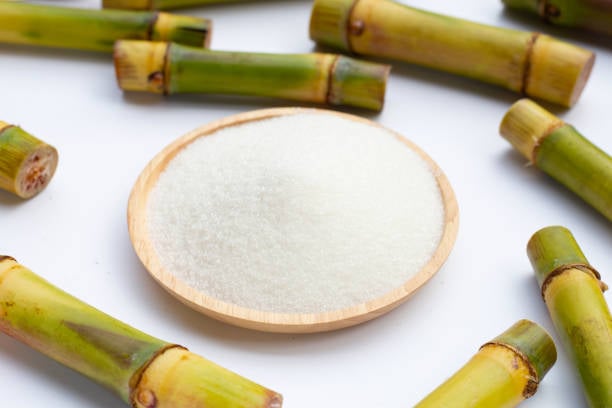The Distinction Between Citric Acid and Phosphoric Acid in Food
When it comes to food additives, acids play a crucial role in enhancing flavors and preserving the quality of various products. Two commonly used acids in the food industry are citric acid and phosphoric acid. While both serve similar purposes, they differ in their chemical composition, taste, and applications. In this article, we will explore the difference between citric acid and phosphoric acid in food, shedding light on their unique characteristics and functions.
Understanding Citric Acid
Citric acid is a natural acid found in citrus fruits such as lemons and oranges. It is extracted from the juice of these fruits and undergoes a purification process to obtain a food-grade substance. Citric acid is widely used in the food industry due to its pleasant sour taste and versatile properties.
Exploring Phosphoric Acid
Phosphoric acid, on the other hand, is a mineral acid derived from phosphate rocks. It is commonly synthesized for various industrial applications, including food production. Phosphoric acid is known for its strong acidic properties and is often used as an additive in carbonated beverages.
Chemical Composition
From a chemical perspective, the main difference between citric acid and phosphoric acid lies in their molecular structures. Citric acid has the chemical formula C6H8O7, consisting of carbon, hydrogen, and oxygen atoms. Phosphoric acid, also known as orthophosphoric acid, has the formula H3PO4 and is composed of hydrogen, phosphorus, and oxygen atoms.
Taste Profile
The taste of citric acid is described as tart and refreshing, making it a popular choice for adding a sour note to food and beverages. It is often used in candies, soft drinks, and jams to enhance their flavor profiles. On the other hand, phosphoric acid has a more pronounced acidic taste, which can be perceived as sharp or tangy. This taste profile makes it suitable for imparting a distinctive flavor to carbonated drinks like cola and lemon-lime sodas.
Acidic Strength
In terms of acidity, phosphoric acid is generally considered stronger than citric acid. Phosphoric acid has a lower pH value, indicating higher acidity, compared to citric acid. This characteristic makes it a suitable choice for products that require a stronger acid for preservation or pH adjustment purposes.
Applications in Food
Both citric acid and phosphoric acid find extensive applications in the food industry. Citric acid is commonly used as a natural preservative, flavoring agent, and pH regulator. It helps prevent bacterial growth, prolongs the shelf life of food products, and provides a tangy taste to various foods and beverages.
Phosphoric acid, on the other hand, is primarily used in the production of carbonated beverages. It serves as an acidulant, providing the characteristic tang and acidity found in sodas. Additionally, phosphoric acid helps prevent the growth of mold and bacteria in these beverages, contributing to their extended shelf life.
Safety Considerations
Both citric acid and phosphoric acid are generally recognized as safe by regulatory authorities when used in accordance with good manufacturing practices. However, excessive consumption of phosphoric acid, especially through carbonated beverages, has been linked to potential health concerns such as tooth enamel erosion and bone mineral density reduction. It is important to consume these acids in moderation and maintain a balanced diet.
Conclusion
In summary, citric acid and phosphoric acid are two distinct acids commonly used in the food industry. While citric acid is a natural acid derived from citrus fruits and offers a tart taste, phosphoric acid is a mineral acid with a stronger acidic profile. Both acids have unique properties and applications, with citric acid widely used as a preservative and flavor enhancer, while phosphoric acid finds its primary use in carbonated beverages. By understanding the difference between these acids, consumers can make informed choices about their food and beverage selections.

